Is your dog licking their paws obsessively? Or perhaps your cat seems to be grooming nonstop? While occasional licking is entirely natural for pets, excessive licking might indicate an underlying problem. According to the ASPCA, compulsive licking is one of the top reasons pet owners seek veterinary advice. At Animal Hospital Southwest in Fort Worth, Texas, we understand that unusual behaviors can be concerning. Here’s a guide to help you determine when licking is normal and when it’s time to consult your vet.
Why Do Pets Lick?
Behavioral Reasons
Pets lick for many reasons, some purely behavioral. Here are a few common ones:
- Self-Soothing: Similar to how some people find comfort in a familiar activity, licking can help pets relax when they’re stressed or anxious.
- Environmental Changes: New surroundings or changes in routine can lead to nervous licking as pets adjust.
- Boredom: Pets who lack mental or physical stimulation may develop repetitive behaviors, including excessive licking.
Understanding the reasons behind your pet’s licking can help you address any behavioral triggers.
Medical Reasons
On the other hand, medical causes can also drive pets to lick obsessively. Here are several conditions that may be at play:
- Allergies: Whether due to food, environment, or seasonal factors, allergies are common in pets and can cause itching, leading to frequent licking.
- Skin Infections: Infections, particularly fungal or bacterial, are often itchy or painful, and licking is a pet’s way of trying to relieve discomfort.
- Pain: Pets sometimes lick an area as a response to pain, particularly in cases of arthritis, joint issues, or soft tissue injuries.
- Gastrointestinal Upset: Did you know that nausea can make pets lick? Gastrointestinal problems can lead to drooling and licking surfaces, objects, or even their paws.
How to Tell if Your Pet’s Licking is Excessive
It can be tricky to distinguish between normal grooming and excessive licking. Here are some signs that may indicate a problem:
- Redness or Fur Loss: Continuous licking can irritate the skin, leading to visible signs like redness or bald patches.
- Odor: A bad smell might indicate an infection or the presence of yeast, which often accompanies persistent licking.
- Changes in Behavior: If your pet is more withdrawn, seems anxious, or displays any unusual behaviors along with licking, these could be red flags.
At Animal Hospital Southwest, we’re equipped to help identify the root causes of excessive licking through diagnostic testing and treatment.
How to Address Excessive Licking
At-Home Strategies
For mild cases, there are simple strategies you can try at home:
- Provide Toys and Mental Stimulation: Boredom can be a common cause of excessive licking, especially in dogs. Toys, interactive games, or even a stuffed puzzle treat can engage your pet’s mind and help curb the habit.
- Grooming and Skin Care: Brushing your pet and bathing them with suitable pet-safe shampoos can relieve discomfort and help reduce the urge to lick.
When Professional Help is Necessary
If the licking persists despite at-home care, it’s wise to consult a veterinarian.
Professional interventions include:
- Medications: For pets with allergies or infections, your vet may prescribe anti-inflammatory or antimicrobial treatments.
- Specialized Diets: If food allergies are a suspected cause, transitioning to a hypoallergenic diet could make a significant difference.
- Behavioral Therapy: For pets with stress-induced licking, behavioral modification strategies and even anti-anxiety medications may help.
When to Bring Your Pet to the Vet
If you’re unsure whether to bring your pet to the vet, here are some clear indicators:
- Sudden Onset: If licking starts suddenly and is accompanied by redness or swelling, this could indicate an acute issue that requires immediate attention.
- Pain: Signs like whining, limping, or withdrawal from physical activity suggest your pet could be in pain, warranting a visit.
- Behavioral Changes: If your pet seems lethargic, unusually anxious, or loses interest in their usual activities, these can be symptoms of an underlying condition. For urgent concerns, check our emergency care services.
Common Treatments and Recovery Plans
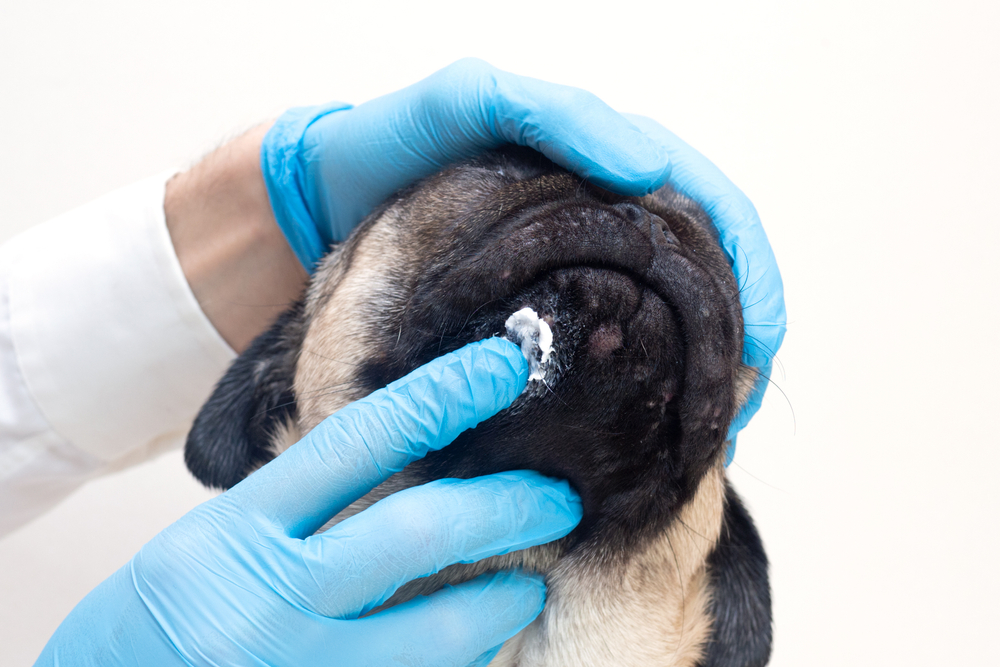
Treating excessive licking will depend on its cause, and your vet can tailor the treatment to suit your pet’s specific needs. Here are some typical treatments:
- Allergy Management: This could involve medication, allergen avoidance, or dietary adjustments.
- Infection Treatment: If there’s an infection, your vet may prescribe topical ointments or oral antibiotics.
- Pain Management: For pets with arthritis or other pain-inducing conditions, pain relief medications and joint supplements can offer significant comfort.
- Ongoing Monitoring and Follow-Up: Even after the initial treatment, periodic check-ups can ensure the issue is fully resolved and prevent recurrence.
Preventing Future Licking Issues
Preventative care is essential in reducing the likelihood of your pet developing problems that lead to excessive licking. Here are some ways to support your pet’s overall well-being:
- Regular Veterinary Visits: Routine health check-ups help catch and manage any health concerns early.
- Healthy Diet and Exercise: A balanced diet, plenty of exercise, and mental stimulation can help keep your pet healthy and reduce behaviors linked to stress or boredom.
- Parasite Control and Vaccinations: Keeping up with parasite prevention and vaccinations can prevent health problems that might lead to excessive licking.
Excessive licking in pets can be perplexing for owners, but with a bit of understanding and observation, you can often identify the reason behind it. If your pet’s licking seems unusual or excessive, reaching out to your veterinarian for guidance is the best step. At Animal Hospital Southwest, we’re here to help you navigate any behavioral concerns, from routine check-ups to comprehensive treatment options. Don’t hesitate to contact us for any questions or to schedule a consultation.
Our dedicated team is committed to helping you and your pet enjoy a happy, healthy life together!

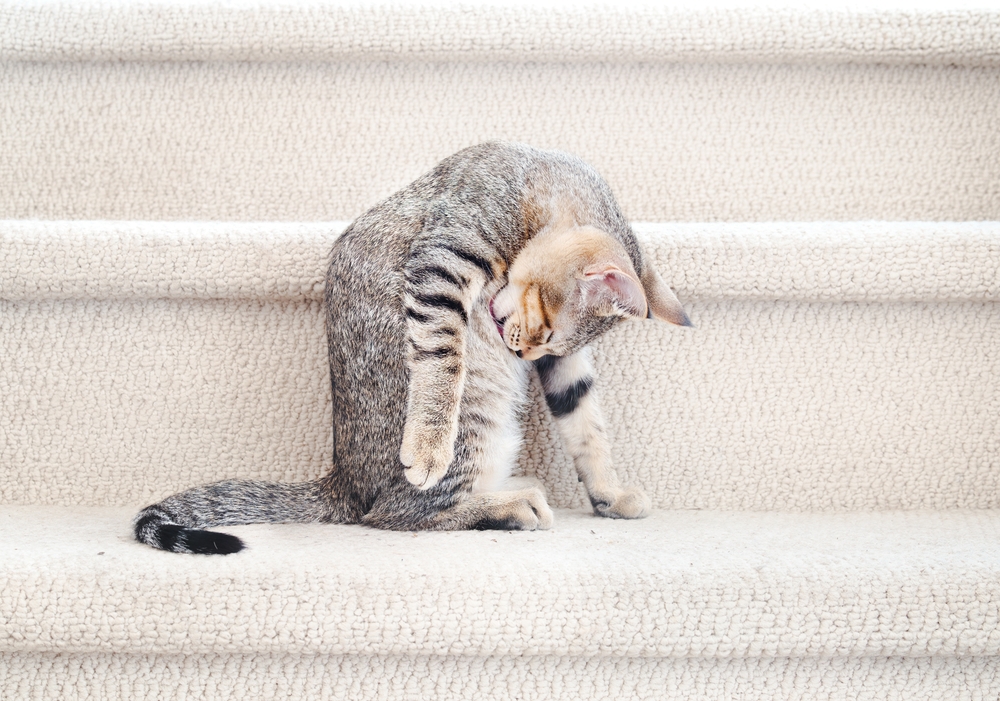
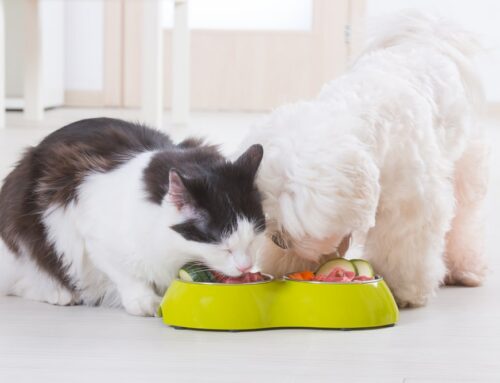
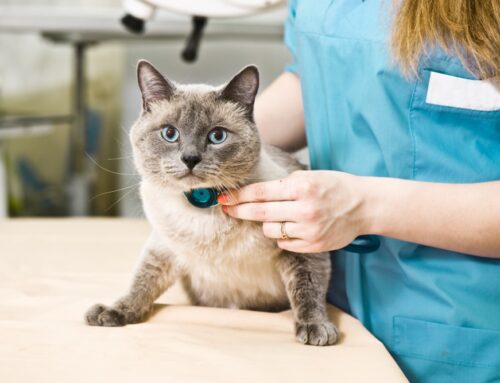
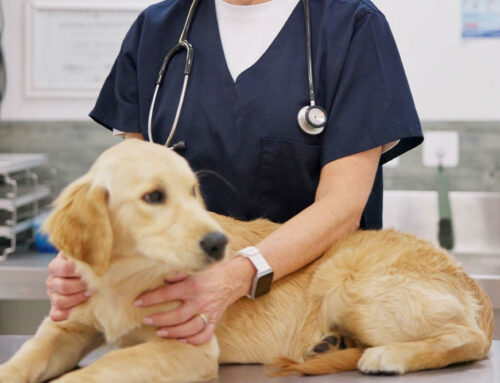

Leave A Comment